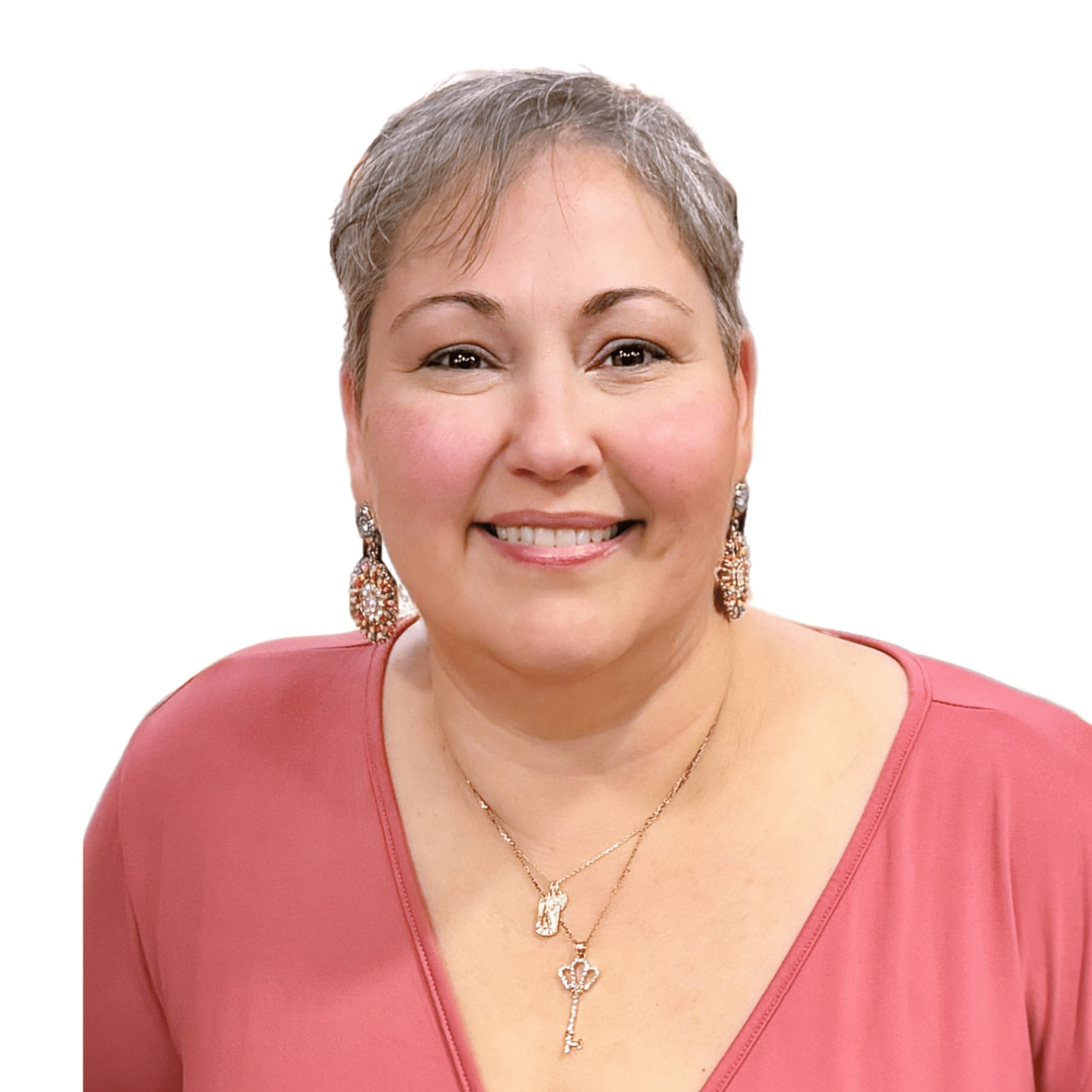Please attend my workshop: https://www.healthrivedream.com/addictions-risky-behaviors-post-trauma/
For many trauma survivors, healing and recovery is not just about overcoming the past; it’s also about battling maladaptive behaviors like addiction that often follow. Addiction, whether to substances like alcohol and drugs (including prescribed medications) or behaviors like overspending, pornography, food binging, or gambling - often emerge as coping mechanisms for those of us who have experienced and survived abuse or trauma. Here's a closer look at why trauma survivors struggle with addictions and the importance of addressing both issues together.
Avoidance - Escaping Pain
Trauma often creates deep emotional wounds and scars. These scars lead to feelings of fear, helplessness, and hypervigilance (constant alertness, as if danger is always around the corner). To escape these overwhelming feelings, you may find yourself turning to addictive substances or behaviors. What is tricky is that using what seems to be effective avoidance strategies, offers a temporary escape, creating momentary feelings of pain relief. I’m sure you already know that this relief is fleeting or short lived. What then tends to happen is a vicious addiction cycle. You find yourself relying on these substances or behaviors to cope with any or all of your feelings. Then you have two problems or more. You have your trauma, your addiction, and then for many of us - relationship issues. You can see that this can lead to problems at work and/or school as well.
Your Brain’s Response
Research shows that your brain can be altered by trauma. The same is true of addictions. What is powerful about addictions is that it is linked to the brain's reward system (dopamine hit)! Traumatic experiences alter the way the brain processes joy, satisfaction, and pain, increasing the risk of addiction and other risky behaviors (please see next blog post). Substances like drugs, food, alcohol, pornography etc., can temporarily boost the brain's pleasure chemicals, offering a false sense of happiness or peace. Over time, the brain starts to associate these substances with relief from trauma, making it hard to break the cycle of addiction. Even though it is hard to break, please remember that it is more than possible. It is also possible to rewire your brain to heal from your traumatic experiences.
Complimentary Coaching Healing Intensive
19 April 2024, 11:00 AM - 12:00 PM EDT
Addictions & Risky Behaviors Post Trauma
The Masking Effect
Addiction temporarily masks the symptoms of trauma, making it harder for you and other survivors to recognize and address their underlying issues. Survivors who go to therapy or treatment centers may find that the focus shifts to the addiction itself, which leaves the trauma unhealed. The root issues of trauma and abuse must be addressed to holistically heal. Masking symptoms with substances or risky/addictive behaviors make recovery challenging, as both the trauma and the addiction need to be treated together for a successful healing process.
The Stigma and Isolation
Many trauma survivors face stigma and isolation, which can further exacerbate their struggle with addiction. You may feel invisible, unseen and unheard. You may feel no one cares so why should you try? Also, the fear of judgment or misunderstanding can make it difficult for you to seek help, pushing you deeper into your addiction. This isolation can create a vicious cycle, where the addiction worsens the feelings of loneliness and disconnection, and these feelings, in turn, deepen the addiction. It is easy to see how you can quickly find yourself feeling stuck.
The Path to Healing
Recovery from addiction and trauma is possible, but requires a holistic approach that addresses both issues simultaneously. Therapeutic interventions like trauma-informed and trauma COMPETENT care, cognitive-behavioral therapy, somatic experiencing therapy, cognitive processing therapy, and support groups can offer survivors the tools they need to heal. I also recommend deeper healing self-care practices such as yoga, meditation, movement, spiritual work, etc. By understanding the link between their trauma and addiction, you can stop this insidious cycle and move towards a healthier, more hopeful future.Healing is a journey (such a cliche but it is true), and for those struggling with addiction and trauma, it’s important to remember that you are not alone. Support is available, and with the right help, you can reclaim your life and thrive beyond your past experiences. The path to recovery is not easy, but it is also filled with hope if you allow yourself to accept help.
Attend my complimentary healing intensive workshop. https://www.healthrivedream.com/addictions/


